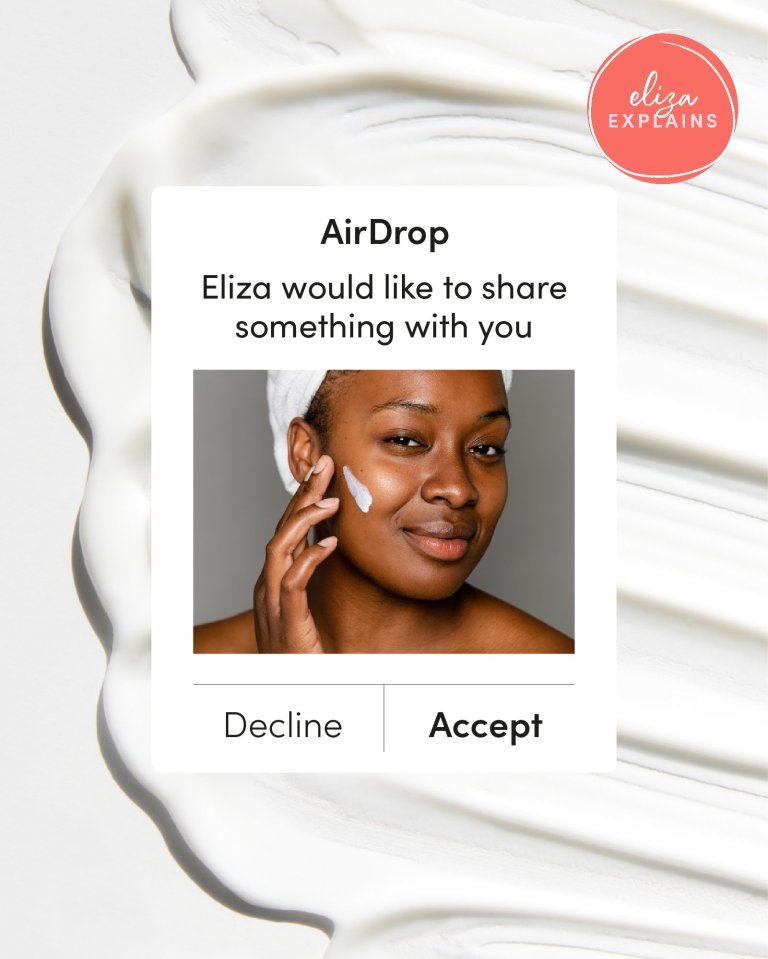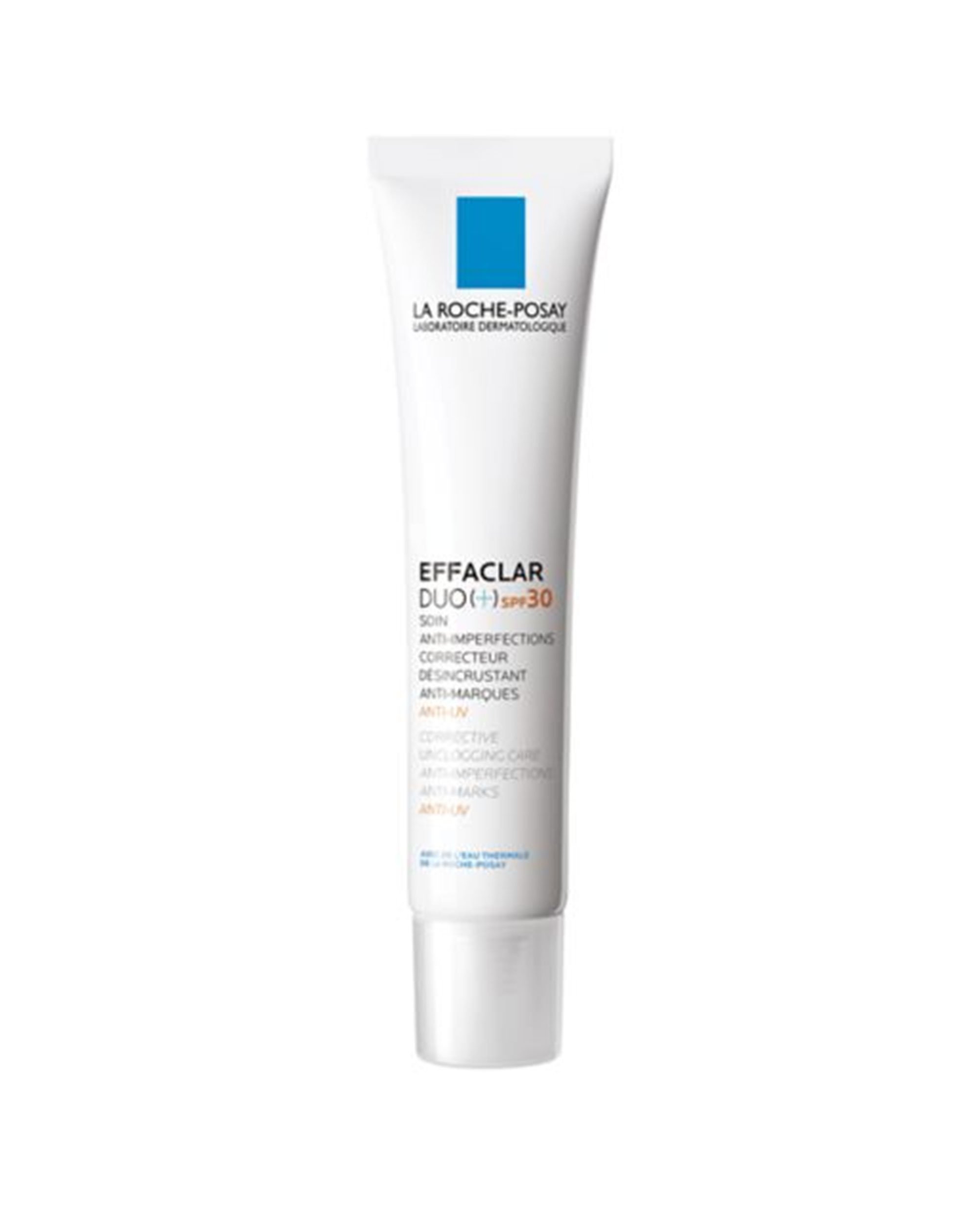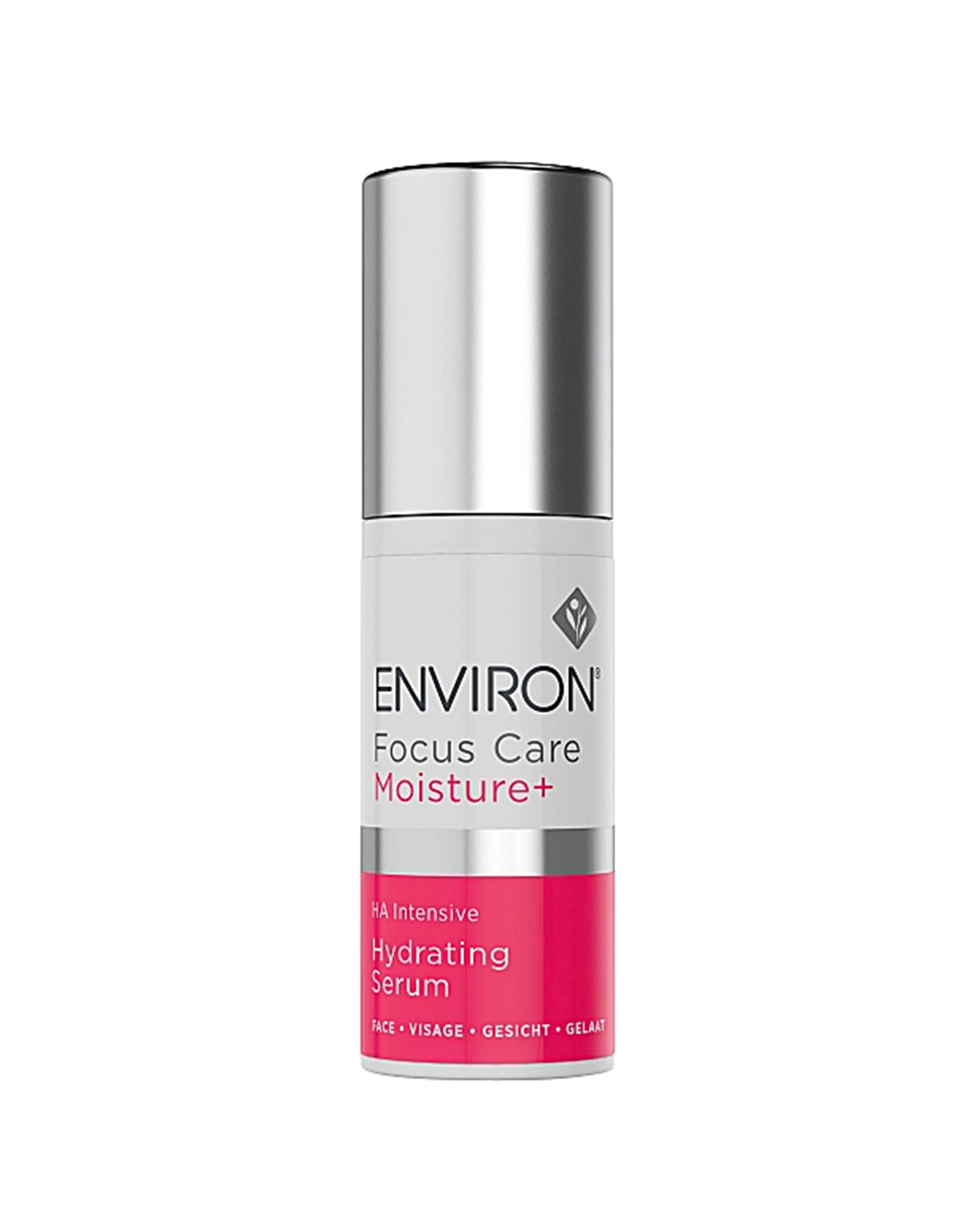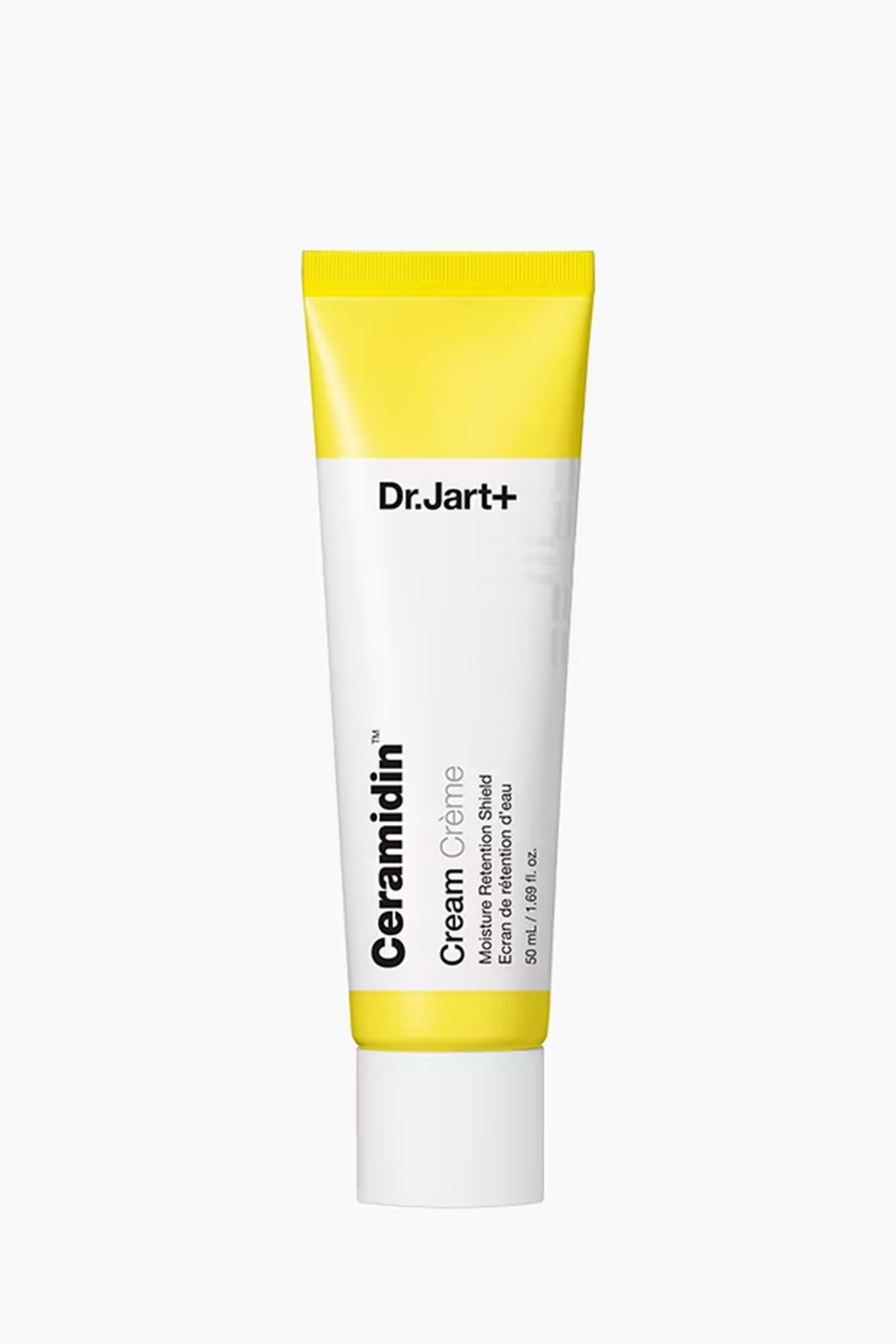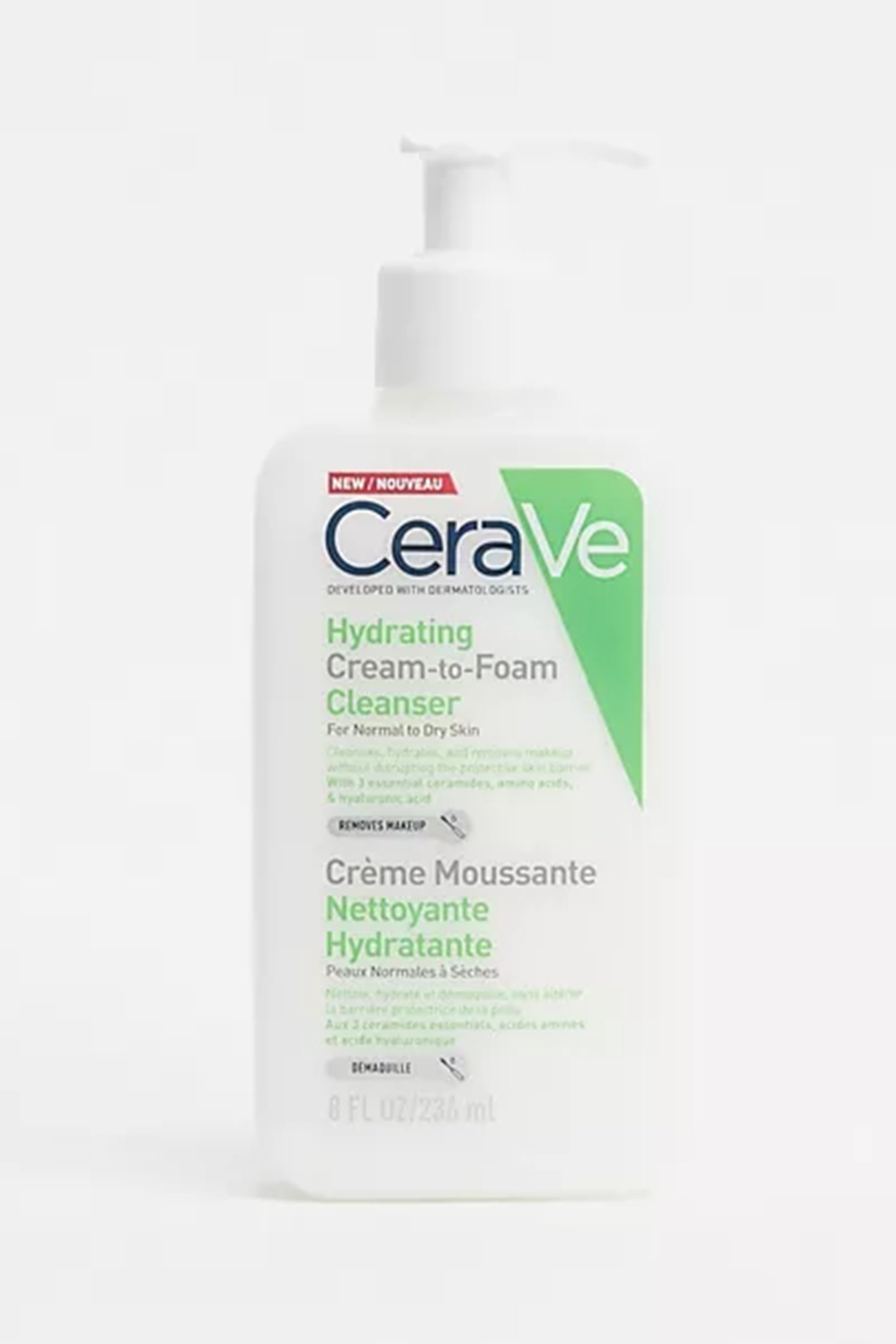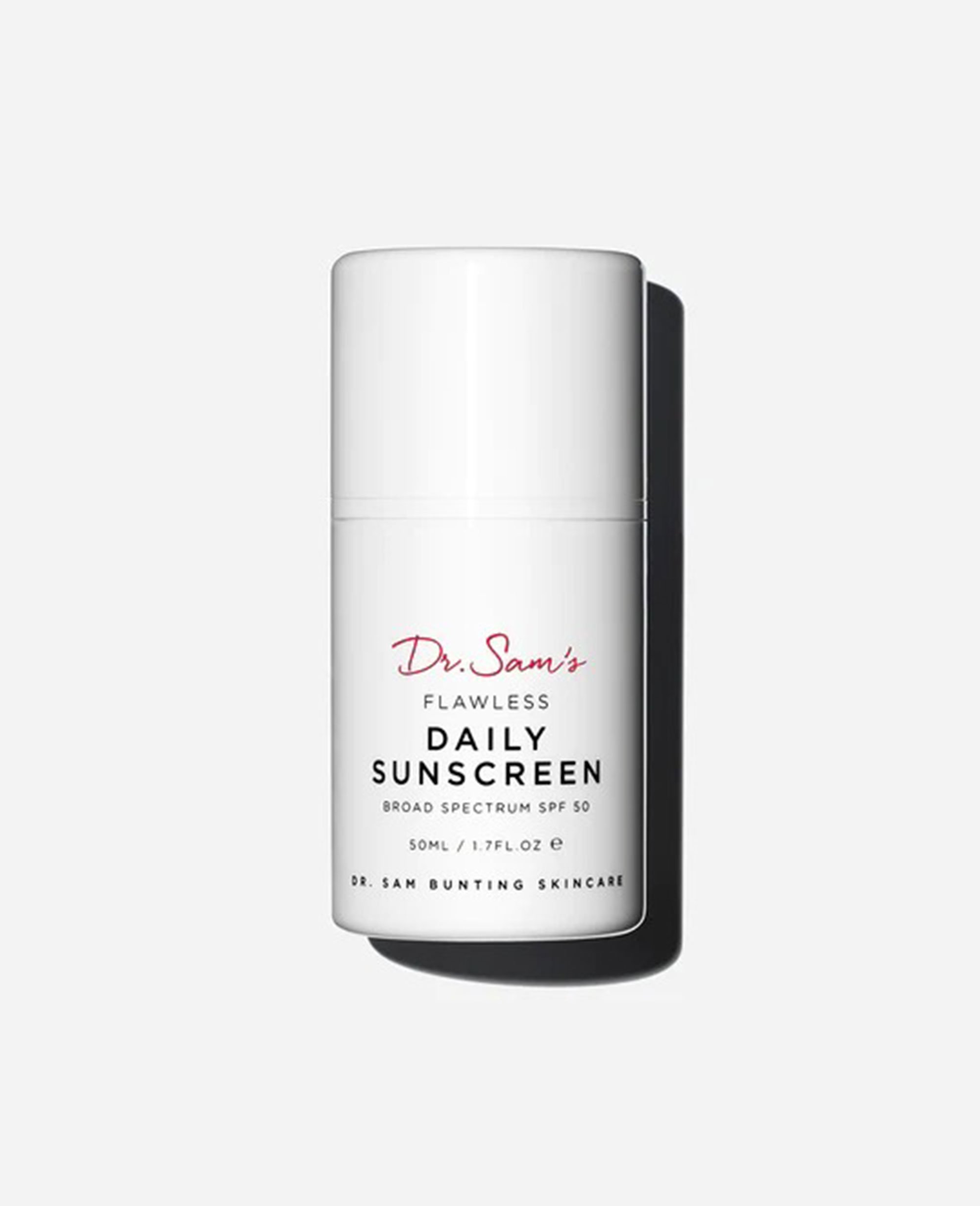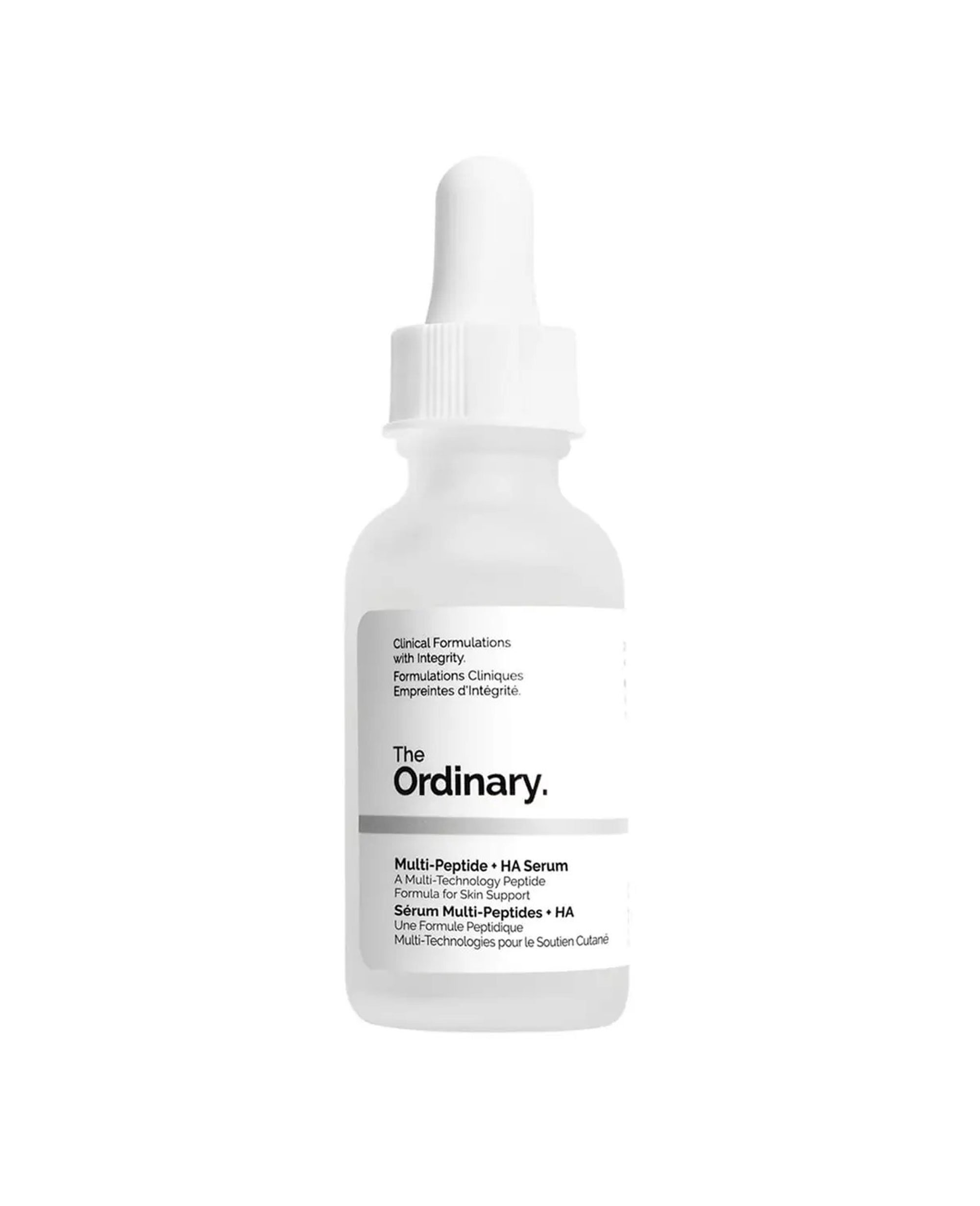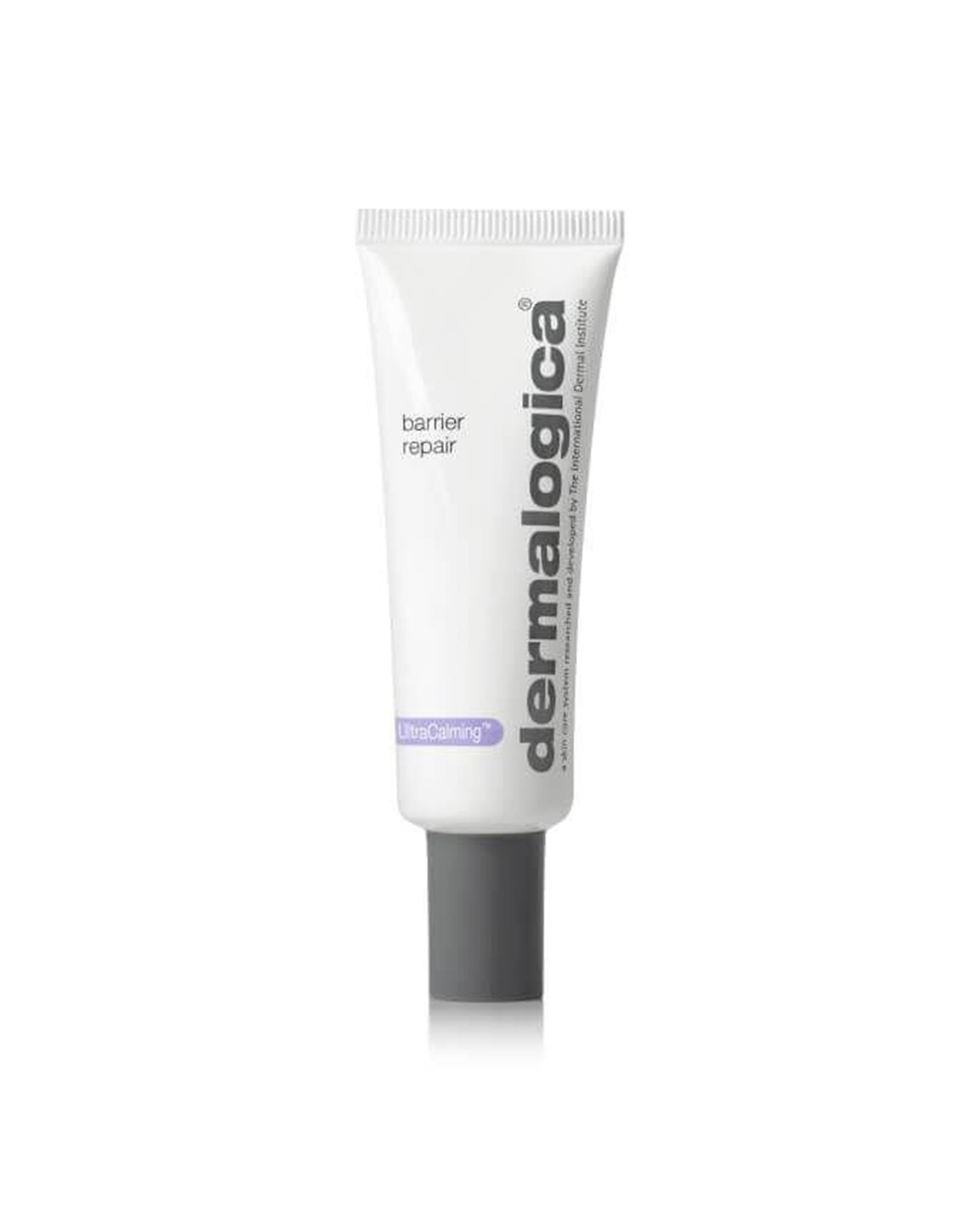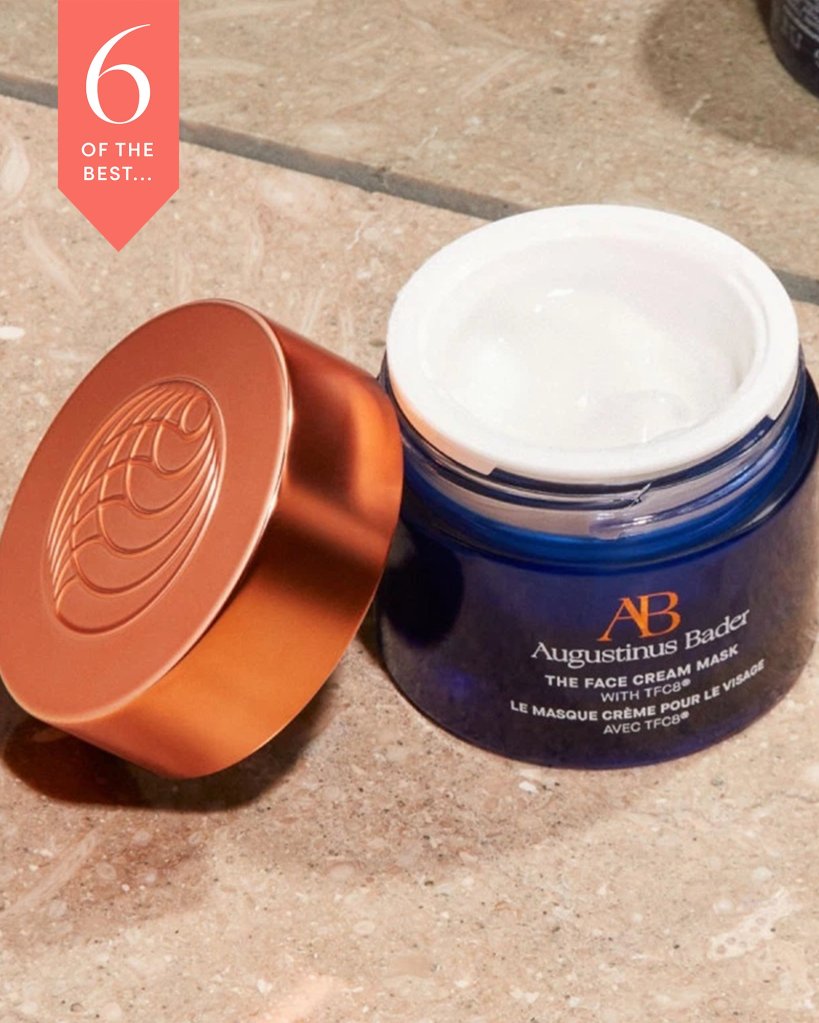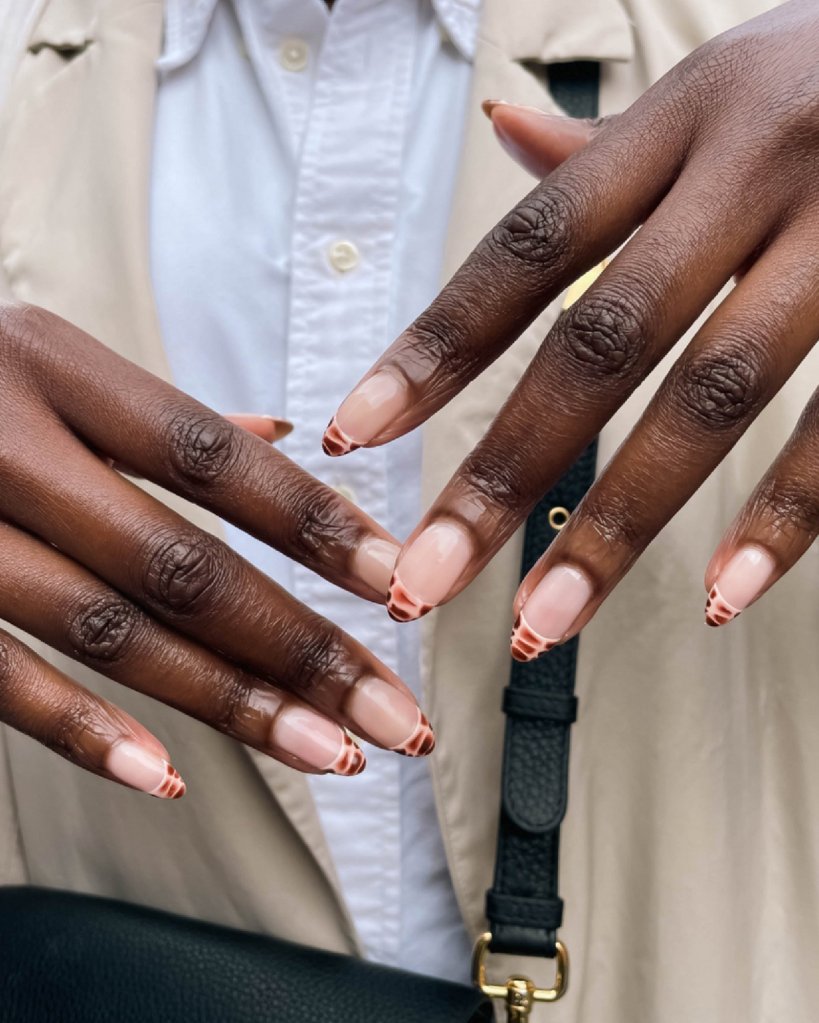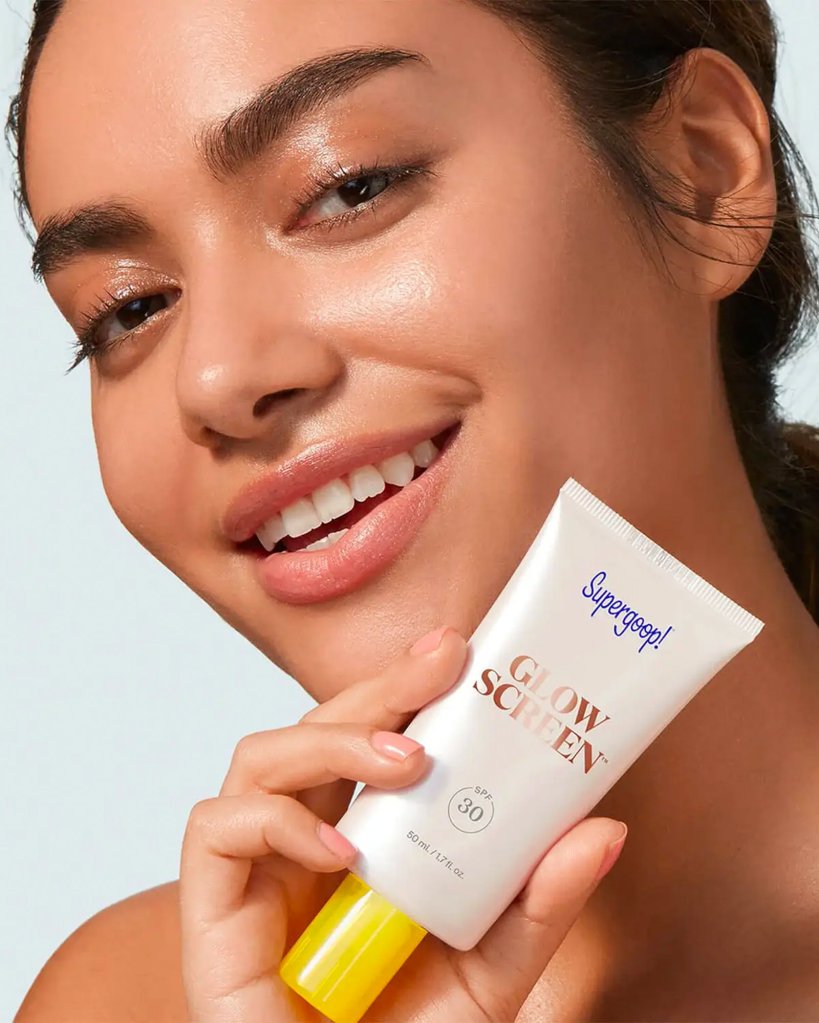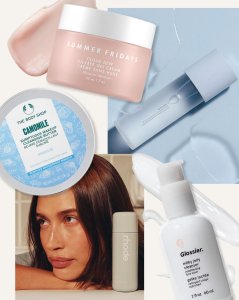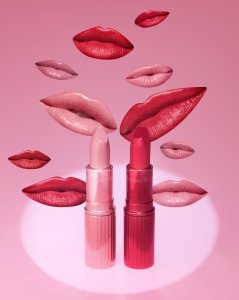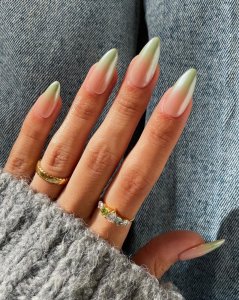Demystifying ingredients, clarifying how to apply products and revealing everything you’ve always wanted to know about skin types; Eliza Explains will help you become a beauty pro.
You’ve most likely heard of HIIT classes as a form of high-intensity exercise, but your body isn’t the only thing that needs training and a considered routine for long-term benefits; so too does your skin.
What is Skin HIIT?
The term ‘Skin HIIT’ refers to how people are now choosing to steer away from quick fixes and are instead opting for more considered skincare routines that build long-lasting protection. It’s set to be a major (long-lasting) trend going forward for the beauty industry and consumers alike, as more and more people begin to really question the types of products they are using on their skin.
“Resilience and strength training for skin will be high on the agenda for consumers, with morning multi-step skincare regimes being replaced by hero products that protect and build our skin barrier,” explains Tomas Warwick, Lead for Skincare and Wellness at John Lewis.
People are also now demanding more from their products to help provide protection against environmental changes, such as weather extremes. Further research from Google Analytics search data shows that ‘skin barrier’ as a search term has almost doubled in popularity year on year.
If you’ve been on a journey to achieve healthier skin, (let’s be honest, we’ve probably all been there at some point) then the term ‘skin barrier’ will have most likely been thrown around a lot among dermatologists and other skincare specialists. But what is it exactly and what can we do to help it thrive for healthy and resilient skin in the long term?
What is the skin barrier and why is it so important?
To start with, an easy way to think about your skin is by using the bricks-and-mortar analogy. “The skin barrier is the outermost layer of our skin, the stratum corneum. Skin cells within this layer are held together by a fatty (lipid) glue, similar to bricks and mortar,” explains Dr Alexis Granite, a board-certified consultant dermatologist at CeraVe.
“This layer is important because it serves as the first line of defence against environmental aggressors such as pollution, germs and irritants, while also preventing moisture loss (trans-epidermal water loss) from the skin.”
She continues: “In terms of skin conditions, it’s important to maintain a healthy skin barrier to avoid dehydration and skin dryness, dermatitis, acne and rosacea flare ups.”
To put it simply, prioritising the right routine to strengthen the skin barrier will help to keep all those unwanted external factors out, while opening the way for skin-loving ingredients that will feed and improve your skin from its core.
How to tell if you have a compromised skin barrier
The skin barrier is very fragile, and so easy to damage even if you think you are being as gentle as possible with your products.
Tomas Warwick sums up that a healthy barrier should mean the skin feels smooth with an even tone and no redness or irritation, while a damaged skin barrier can result in dry and dull skin along with being prone to redness and inflammation. It can also increase the risk of breakouts and sensitivity.
If you find that your skin barrier is damaged and needs to be repaired, it can be tempting at first to reach for quick fixes like harsh acids and exfoliants, but this could cause further irritation.
Instead, incorporating hero products and investing time and energy into finding the right routine will treat the problem from the ground up. Dr Alexis believes it’s never too late to start a new skincare routine, but the best way to introduce new products, no matter what your age, is gradually, one at a time.
Which ingredients protect and strengthen the skin barrier?
This is your sign to take a long look at your current skincare routine and consider simplifying it by taking away things which could be replaced with hero products.
Staying hydrated is one of the key steps in strengthening the skin barrier. Tomas Warwick advises investing in ceramides, “as these are lipids and help strengthen the barrier and prevent moisture loss.”
“These can be supported by known powerful moisturisers like hyaluronic acid which draws moisture deeper into the skin, or glycerin as an alternative,” he adds.
He also recommends incorporating niacinamide carefully into your routine as it can support ceramide production. It’s also important to never forget SPF as UV rays are the top external aggressor to skin.
In my own skincare routine, alongside a moisturiser, I have started to use a separate hydrating serum from Environ a few times a week to help combat my dry and flakey skin. And if like me, you forget to always use SPF, or have acne-prone skin and are afraid it might clog up your pores, then start with La Roche Posay Effaclar Duo+ cream with SPF 30, £19, Boots. I was recommended this by my own dermatologist and it’s great for moisture and protects against those harmful UV rays, without you having to take any extra steps.
Dr Alexis suggests that “rather than avoiding any single ingredient, it’s important to not overdo it with potentially irritating ingredients such as AHAs, vitamin C and retinol.” If you aren’t careful, you could end up attacking your skin with harsh chemicals if used too frequently.
How else can we keep the skin barrier healthy?
It’s also important to consider your lifestyle and how it’s impacting your skin barrier health.
Dr Alexis explains that “drinking plenty of fluids, exercising regularly to increase blood flow, eating a well-balanced diet rich in healthy oils such as omega-3s and vitamins and minerals, can all play an important role in maintaining a healthy skin barrier.”
“Protecting your skin from elements such as UV exposure and extreme cold and wind, as well as limiting alcohol and quitting smoking will help support your skin barrier health as well,” she adds.
The best barrier-strengthening products recommended by skincare specialists
Dr Jart+ Ceramidin Cream, £13
The holy grail product for strengthening your skin barrier. Say goodbye to dry skin with this nourishing cream that strengthens the skin’s moisture barrier. Sales of Dr Jart’s Ceramidin range are already up by 76% at John Lewis as more and more people are being educated on the impact of ingredients on their skin.
CeraVe Hydrating Cream to Foam Cleanser, £14
This gentle, fragrance-free cleanser is packed with nourishing ingredients to protect the skin’s moisture barrier. It’s formulated with ceramides and thoroughly cleanses skin without causing any irritation.
Dr Sam Bunting Flawless Daily Sunscreen SPF 50, £29
It’s vital to protect the skin barrier from UV rays as it’s the main external factor which can lead to damage. This sunscreen keeps pores clear and includes niacinamide to soothe the skin and boost its brightness.
The Ordinary Multi-Peptide + HA serum £14.30
Peptides are always a good idea when it comes to looking after your skin. This serum from The Ordinary combines both peptides and hyaluronic acid and includes glycerin for the ultimate hydration. It helps tackle dehydration and fine lines, while improving elasticity.
Dermalogica Barrier Repair Moisturiser, £49
If you have a compromised barrier, then a great place to start is Dermalogica’s Barrier Repair Moisturiser, which hydrates sensitive skin. It helps to shield against skin stress triggers and restores a healthy barrier function.
